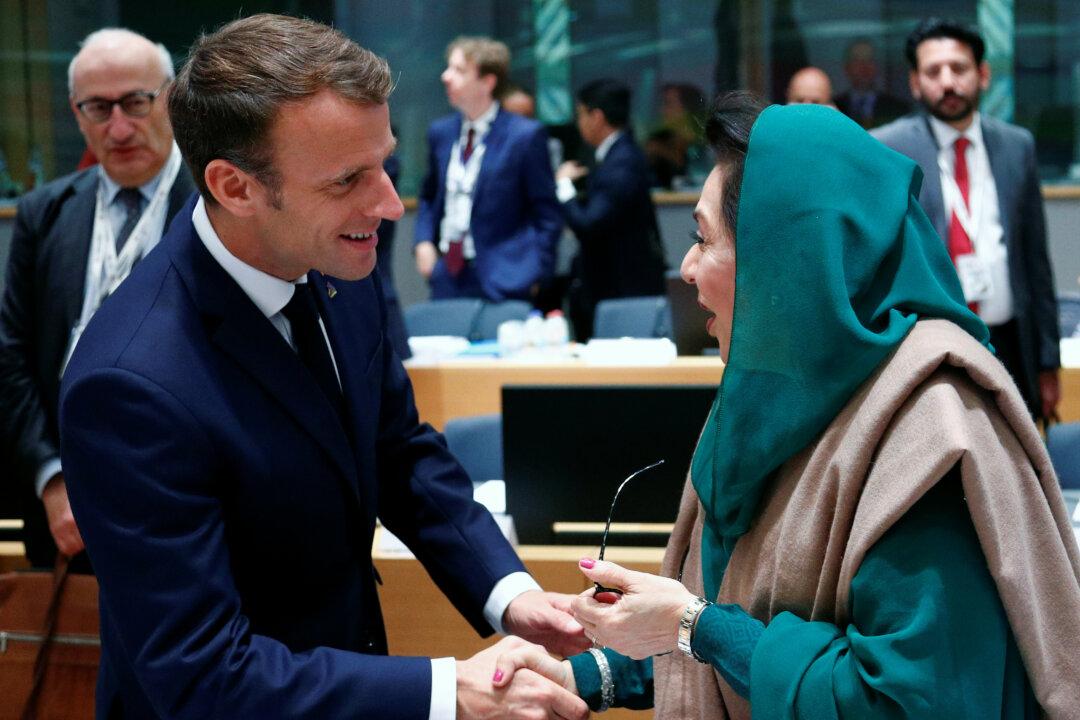BRUSSELS—European governments pressed the Chinese regime on Oct. 19, to allow greater foreign investment in its economy, during a two-day summit with Asian leaders, but faced familiar resistance from them over state subsidies.
At a biennial Asia-Europe Meeting bringing together leaders representing 65 percent of global economic output, France, Britain, Germany, Italy, and the European Commission held private meetings with Chinese Premier Li Keqiang, hoping for greater access for EU companies to the world’s No. 2 economy.





